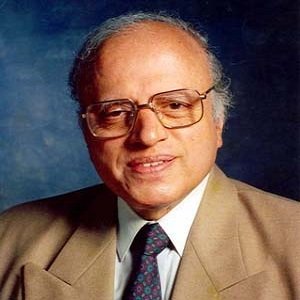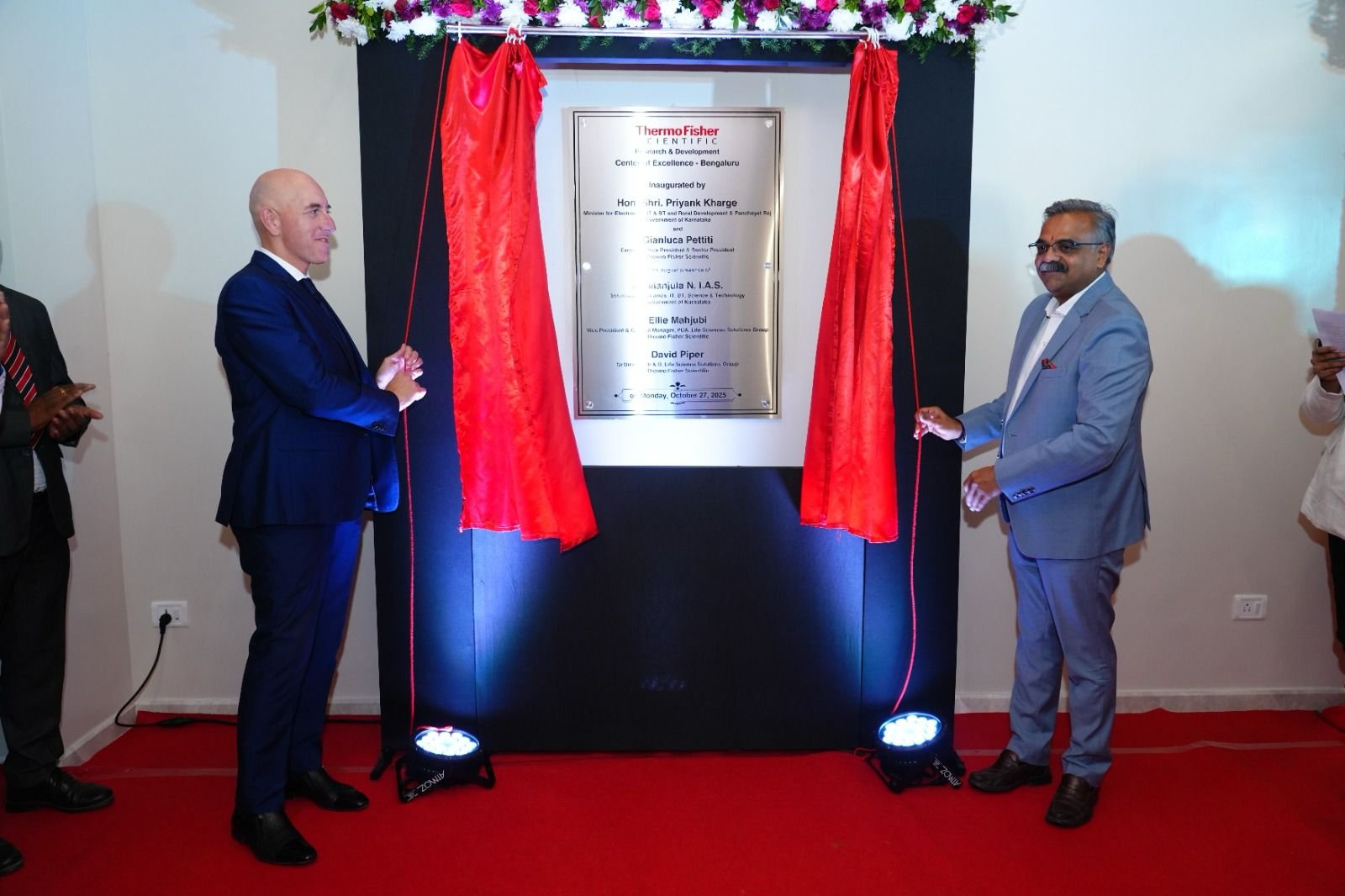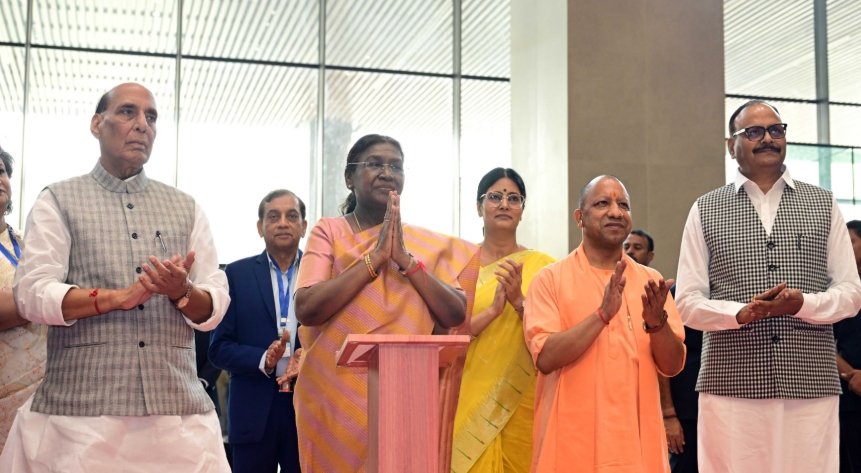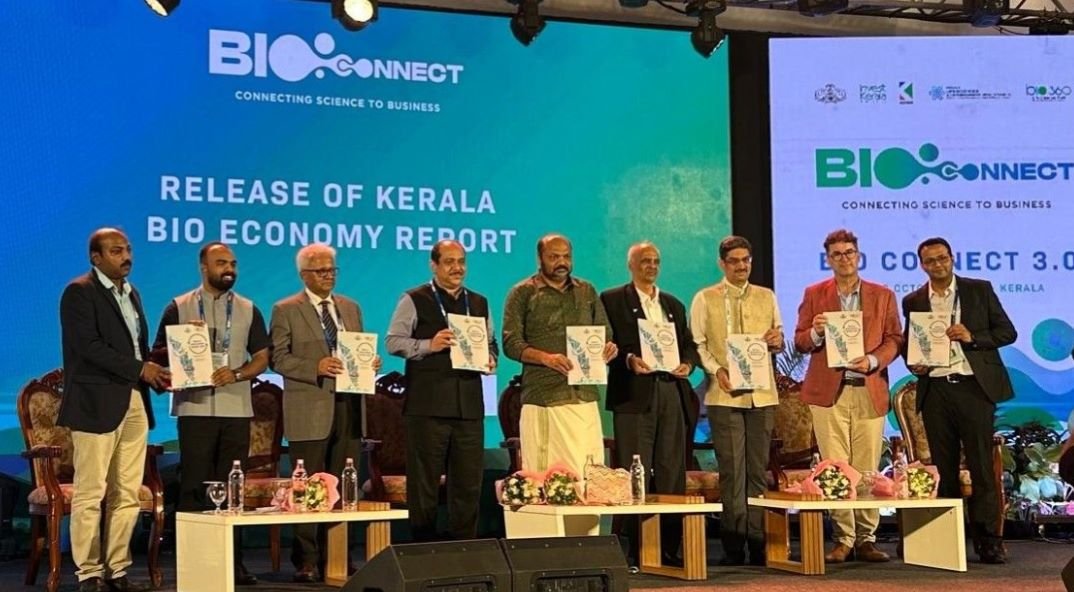Exclusive: "Strongly in favor of national biosafety regulator"
November 20, 2014 | Thursday | News | By Rahul Koul Koul
“I am strongly in favor of national biosafety regulator�
Former Member of Parliament, Dr Monkombu Sambasivan Swaminathan was also nominated to the Rajya Sabha in 2007 by then government
Strongly in favor of a national biosafety authority for GM crops, said Dr Swaminathan during his interaction with the BioSpectrum's Rahul Koul. He expressed displeasure at the renaming of the erstwhile Genetic Engineering Approval Committee. Read on for details:
Q: What are the current issues in nutrition that developing nations are facing? How much longer will it take to fulfil the zero hunger agenda?
Obesity is a symptom of the lack of understanding of nutrition. Feeding yourself without knowing the importance of right foods is the concern. It is also called nutritional illiteracy. Secondly, life style changes too are adding to it besides the wrong impression about health. Usually, it starts with the affluent countries and then moves to the poorer ones.
Year '2025' is the target and nutrition is the first vaccine. While our children are hungry, nothing else matters. India has already taken the first step in terms of nutrition security bill 2013 and 80 percent of the population would be entitled to cheaper food. Overall, I am hopeful that the technological interventions will prove very important for reaching there.
Q: What is your advice for improving the agriculture scenario in the country?
The government is taking number of steps. But there are many challenges beyond the government. Agriculture is the largest private enterprise. My own farmers with whom I worked with 30 years back, have left the land. One hectare of land in right place fetches rupees 1 crore, enough to earn interest of 30 lakhs per year. The fact is that money is coming from other sources and farming is not attractive anymore. The opportunity cost of land has changed and it is no longer in favour of agriculture. So, it is important to improve the economic conditions of the farmers and keep the agriculture attractive.
Q: Will the GM issue be resolved? What do you think about this stalemate?
The Parliamentary standing committee headed by Mr Basudeb Acharya had recommended biosafety measures for GM crops and I too agree with that. Infact, I too had suggested the same in 2004. I feel the parliament approved regulator will help in breaking the ice and build confidence. We might call it a national biotech regulator too but then the term 'biotech' has a much wider meaning and includes things that might not need any such regulation. Dr MK Bhan and his colleagues worked on the draft and it was later placed in the parliament where it couldn't be passed so far. Therefore, sooner we have it, the better.
Q: Mr Jairam Ramesh has admitted that he wanted just a temporary moratorium until biosafety regulations were in place. Do you think it has been stretched too long?
I feel Jairam did one mistake. The Genetic Engineering Approval Committee should have not been named as a appraisal committee. The decision shouldn't have been taken at a political level. It should have been for the country. Whether benefits outweigh the risks or vice versa are a matter of scrutiny by the experts.
GEAC should be binding and have legal authority. Just to quote the example of the Atomic regulatory authority which was passed when I was a Member of Parliament. It was a strong bill and had the legal authority. Similar status is required for the GEAC too. The regulator is not to impede the progress but to build confidence and therefore, it is in the industry's own interest that it supports a biosafety regulator.
Q: Do you agree that there is a need to sensitize politicians and public on the issue?
We unfortunately have failed to create the instruments necessary to assure the public and media on such issues. I had recommended to the National Academy of Agriculture Sciences including its committee on public understanding of science on the issue. Also, I feel that the Indian Council of Agriculture Research (ICAR) must come forward to do the needful. They can't remain quiet on this issue and need to speak up more.
Q: There is a contradiction in the government's policy where on one hand there is funding for research but a ban on field trials? Does it suit the nation's interests?
While the grants are given for research projects, the products are not allowed. This, indeed, is not a good policy for the long term. Both public and private institutions have various hybrid varieties but no trials since the last few years. Infact, we are also just maintaining the lines of a good quality Pusa rice variety without field trials.
There must be an all India coordinated project spearheaded by the ICAR and supervised by the biosafety expert of high credibility and independent of any influence. It could include the GM hybrids of both public and private enterprises for the testing. And the decision could be taken fairly on the basis of biosafety data. Of course the national interest must come first before any company's.
Q: How do you look at the growth of biotechnology in India?
When I was made the first chairman of the National Biotechnology Board in 1981 by the then prime minister, Mrs Indira Gandhi, she told me to create a strategy for effective use of biotechnology for developing products. Then again after Mr Rajiv Gandhi took over, the board was transformed into the present day department of biotechnology (DBT). So, thereafter the commitment to biotechnology increased over the period of last 30 years.
Q: Government says that it increased funding to agriculture entrepreneurs. Do you think it would help?
Without a proper policy, the results won't come easily. When the ecosystem is lacking, nothing else will really help but the confidence among young people to take up agriculture. These are the small fringe activities although important in their own way. However, I am talking about the broader picture.
Food biotechnology today is rootless. If you don't have the tools, it will not be easier to push the technology. It cannot be done only by the private sector. I again emphasize that the ICAR has to take up the bigger responsibility and ensure that sector gets right support.









